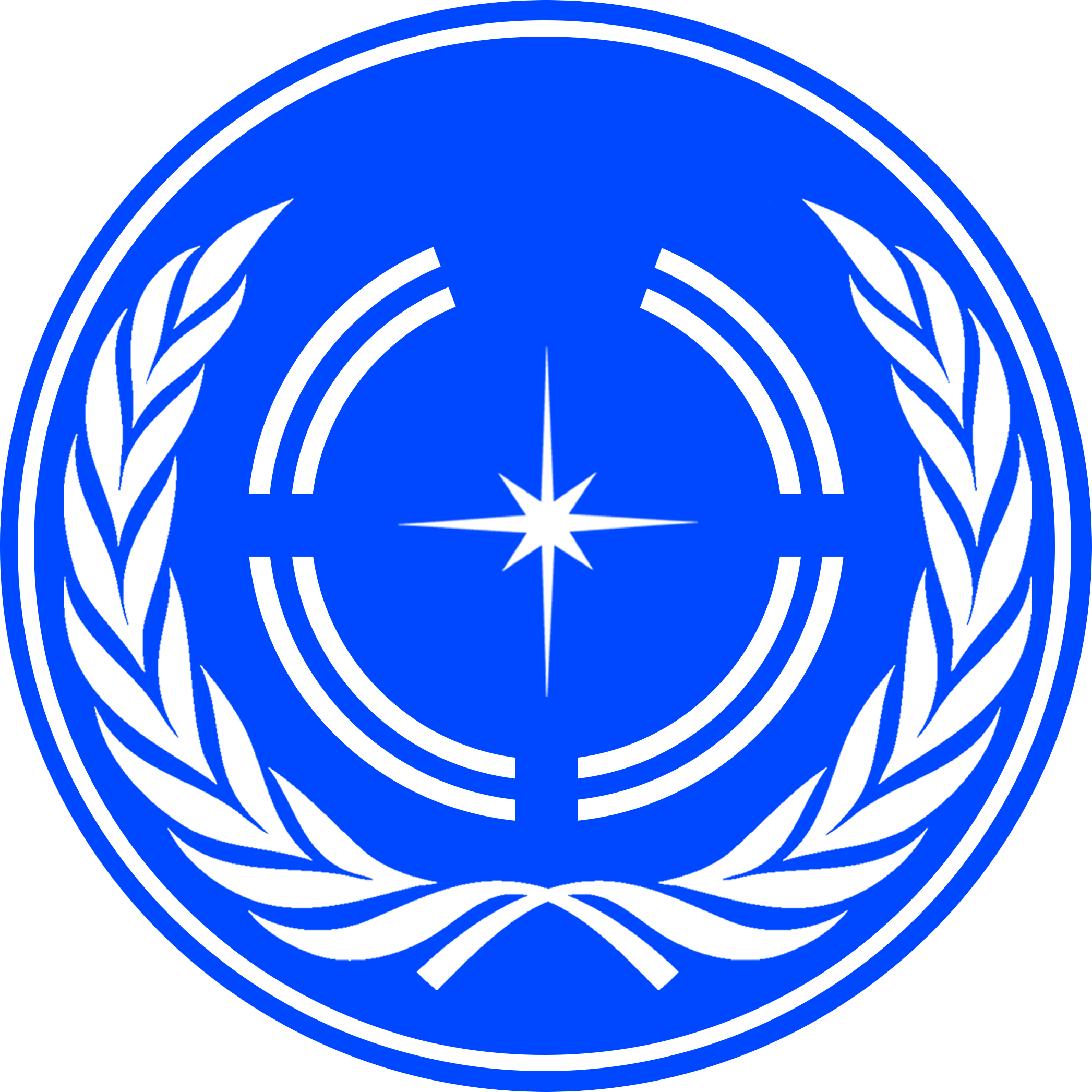Senate
The Senate is the upper house of the legislative branch of the Federal Republic's government and is central to the Republic since it is its vote that is necessary for a host of government processes. His mostly advisory role has althought often keep this institution away from the public eye.
Structure
The Senate is headed by the President of the Senate who is in charge of managing the Senate's administration, deal with proceedings during Senate sessions. He also has the very important role of appointing several leaders of independent organizations who have a controlling role over the government.
Composition
The Senate is made up of 500 senators who represent approximately 288 million people in a sector. They are appointed by the President on the recommendation of the sector Parliament which elects a candidate from the three choices of a list of volunteers approved by the Office of the Sectoral Civil Service for a eight years term. It can be renewed for a maximum of three times if the Parliament of the sector votes in majority to keep the Senator in place at the end of each term, if this is not the case, an election will be launched.The sector which is concerned by all this process is determined by the Federal Electoral Commission. The number of senators allocated to each sector is indeed determined by the Federal Electoral Commission. The process of appointing senators results in an almost zero presence of traditional political parties unlike the Parliament. The divide being much more at the level of belonging to its sector, but there can still be groups that can be created throughout the proposals.
Commissions
The Senate has many permanent commissions with the composition is determined by the President of the Parliament of the Republic. The same applies to those temporary ones it may create, except Boards of Inquiry which take the same nomination process, but the approval of the Federal Civil Service Office is necessary for each nominees. Most focus on topics more reflective of the role of the Senate as a controlling institution in relation to the government and the majority in Parliament.
This also translates into a greater role in relations with the public or other institutions since the latter can make requests to certain commissions for their opinions which will often influence the policies of the Republic. The commissions can also produce reports or other pieces of information for decision-makers in the absence of external requests when they observe an unusual situation in their field of experience.
Public Agenda
The role of the Senate is to exercise a supervisory role over the activities of Parliament, study draft laws to propose improvements and judge their constitutionality. It has however more of an advisory role and can use his veto power on a bill solely on the pretext of its unconstitutionality or that it would violate the rights of citizens.
Assets
The Senate sits in New York where the building that accommodates these hundreds of senators was built. The building is called the People House is located next to the old building of the ancient United Nations that was the headquarters of this former earthly organization and is now a museum which is very popular with tourists visiting New York. The People House is recognized within the Republic for its unique architecture that stands out from the rest of New York.

In constitutione confidimus
Founding Date
2200
Type
Governmental, Senate/Parliament
Parent Organization
Location
Related Ranks & Titles



Comments